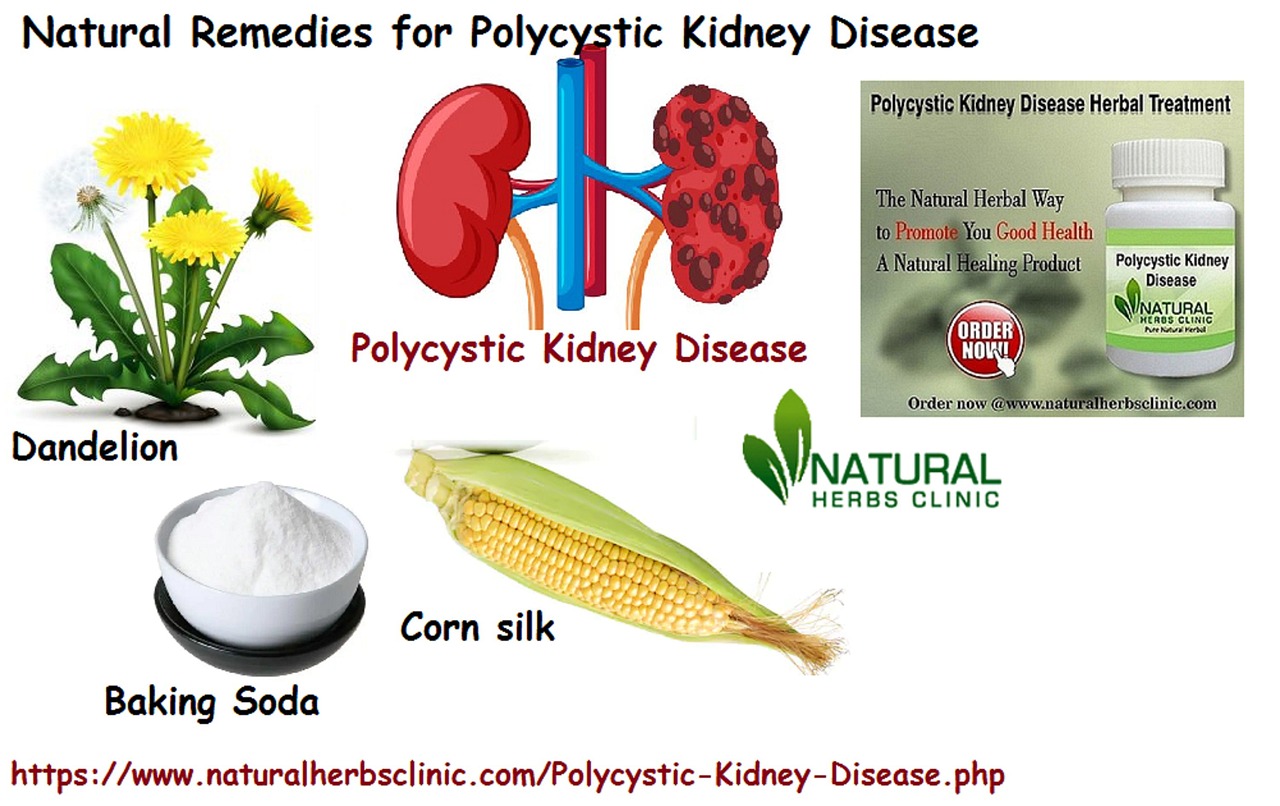
Ketoacidosis – itís one of those medical terms that youíve probably heard somewhere before, but may not know what it means – and thatís okay! Ketoacidosis is a serious condition, but that doesnít mean you canít understand it a little better and do your part to protect yourself and those around you. Whether youíre a healthcare professional or just curious about ketoacidosis, read on to find out everything you need to know.
1. Ketoacidosis 101: An Overview
Ketoacidosis is an emergency medical condition that can quickly be fatal if not treated. It occurs when the body has abnormally high levels of acid in the blood, known as ketones. It usually occurs in individuals with diabetes, but can also involve individuals with low insulin levels. In this blog, let’s take a look at the basic components of ketoacidosis and the warning signs to watch for.
Ketones are organic acids that form when the body has insufficient insulin and cannot use glucose, its main source of energy. Instead, ketones are made from fats which are stored in the body’s cells. As more and more ketones are released, the acidity of the blood will increase which can lead to ketoacidosis.
- Warning Signs: Look out for signs such as extreme thirst, frequent urination, fatigue, nausea, and vomiting.
- Glycemic Control: In individuals with diabetes, maintaining proper glycemic control is crucial to prevent ketoacidosis.

2. Who is at Risk?
No matter who we are or where we live, no one is fully exempt from the risk of being affected by Covid-19. That’s why taking precautions and being aware of the safety measures is so important. Everyone has the ability to make a difference in the way this pandemic plays out, so let’s take a look at who could be particularly impacted.
- Older adults — Anyone over the age of 65 is at a higher risk of serious illnesses or death from Covid-19.
- Individuals with chronic diseases — People living with any type of chronic disease, including heart disease, kidney disease, and diabetes, have a higher risk of developing serious Covid-19 symptoms.
- Individuals with weakened immune systems — People with weakened immune systems due to drugs, cancer treatments, or other illnesses, have an increased risk of being severely affected if infected.
These groups are particularly vulnerable, but that doesn’t mean the risk of contracting Covid-19 is staying only with these people. With the virus’ contagiousness, even people living in age and health-related groups not deemed high-risk can still become infected and possibly even spread the virus further. Therefore, it is essential for all of us to keep up to date with the latest safeguards, so that we can remain safe and healthy during this pandemic.
3. Warning Signs to Look Out For
The best way to stay healthy is to detect problems before they become serious. Here are a few common :
- Body aches or fatigue: These can be a sign of physical strain or even a viral infection.
- Upset stomach: An upset stomach can range from an occasional feeling of nausea to more serious signals such as vomiting or diarrhoea.
- Headache: A headache often turns out to be stress-related, but can also indicate dehydration or a more serious problem such as a sinus infection.
If any of these symptoms become more regular or more intense, they could be a sign you need to seek medical attention. For instance, if your fatigue is disrupting your daily activities, if you are experiencing frequent or consecutive days of stomach discomfort, or if your headache persists for more than a few days, you should get checked out.
4. Managing Ketoacidosis
Ketoacidosis is a serious complication of diabetes, and even if you are taking proper care of yourself, it is still possible for you to develop it. It is important to understand what Ketones are, and how to monitor them to recognize when ketoacidosis is present.
- Knowing What Ketones Are: Ketones are made when the body goes into a state of starvation, and it begins to break down fat for energy instead of glucose. To prevent ketoacidosis, it is important to have a testing device available to measure the amount of ketones that are present in your blood.
- Monitoring Blood Sugar: It is important to regularly monitor your blood sugar levels. If you notice that your levels are consistently higher than they should be, it may be a sign that you are developing ketoacidosis.
- Treating Ketoacidosis: If you believe you may be developing ketoacidosis, you should contact your doctor immediately. Treatment includes taking insulin to reduce your blood sugar, drinking plenty of fluids and electrolyte supplements to help flush out ketones, and resting.
It is also important to take care of your general health when you are . Eating a balanced diet, getting enough sleep, and maintaining an active lifestyle are important for supporting your wellbeing. It is important to talk to your doctor about the best ways to keep your blood sugar in check, and how to best manage any complications from ketoacidosis.
5. Ways to Prevent it in the Future
There is no definitive way to prevent the occurrence of a particular event or situation in the future, but there are some precautions that can be taken to ensure as much safety as possible. Here are five ideas to consider when looking for ways to reduce the chances of a similar situation from happening again:
- Create accountability systems – Whether it is for individuals or a whole team of people, having an accountability system in place is a great way to ensure everyone stays intentional and intentional with their actions. This ensures that each person is held responsible for their actions and is held to standards.
- Conduct regular training sessions – It’s important that everyone involved in the team is up to date on changes and is well equipped with the necessary knowledge and skills to be able to competently carry out duties and navigate any difficult situations that arise.
- Establish good communication habits – A lot of difficult situations can be avoided if everyone on the team is able to talk openly and clearly to each other. This means being mindful of any potential misunderstandings and being open to discussing things if confusion does occur.
- Prioritize organization – Being organized helps ensure that everyone involved is aware of what is going on and has the ability to properly plan and execute any necessary tasks or responsibilities.
- Pay attention to warning signs – It is important to pay attention to any signs or clues that could potentially indicate an issue may arise. This is key in order to be able to catch any potential issues as soon as possible and take the necessary steps to mitigate any damage.
By taking into account all of the possibilities and being proactive with precautionary measures, this increases the chances of avoiding any future occurrences of similar situations. Through careful planning, assessing the current situation and being mindful of any changes that could lead to a problematic outcome, it can be possible to stay ahead of any potential issues.
Q and A
Q: What is ketoacidosis?
A: Ketoacidosis is a serious complication of diabetes caused by an imbalance of ketones, acids, and glucose in the blood. When the body doesn’t have enough insulin, it starts to break down fat for energy, which causes the ketones to build up and acidify the blood.
Q: What are the symptoms of ketoacidosis?
A: The main warning signs of ketoacidosis include increased thirst and urination, nausea and vomiting, abdominal pain, confusion, blurry vision, fruity-smelling breath, and rapid, labored breathing.
Q: What are the health risks associated with ketoacidosis?
A: Ketoacidosis can cause severe dehydration, impaired kidney functioning, coma, and even death. It’s essential to see a doctor immediately if you think you may have symptoms of ketoacidosis.
Q: How can I avoid ketoacidosis if I have diabetes?
A: It’s important to monitor your blood sugar levels regularly and take steps to keep them within a healthy range. Talk to your doctor about your ideal target levels, and always check your blood sugar before and after meals. Make sure to take your diabetes medications correctly and as directed. It’s also important to stay hydrated and maintain a proper diet.
Ketoacidosis is a serious health condition, but it’s generally preventable and manageable with the right knowledge and treatment. We hope this article has served as a helpful guide to understanding ketoacidosis and all the relevant information you need to remain safe and healthy.